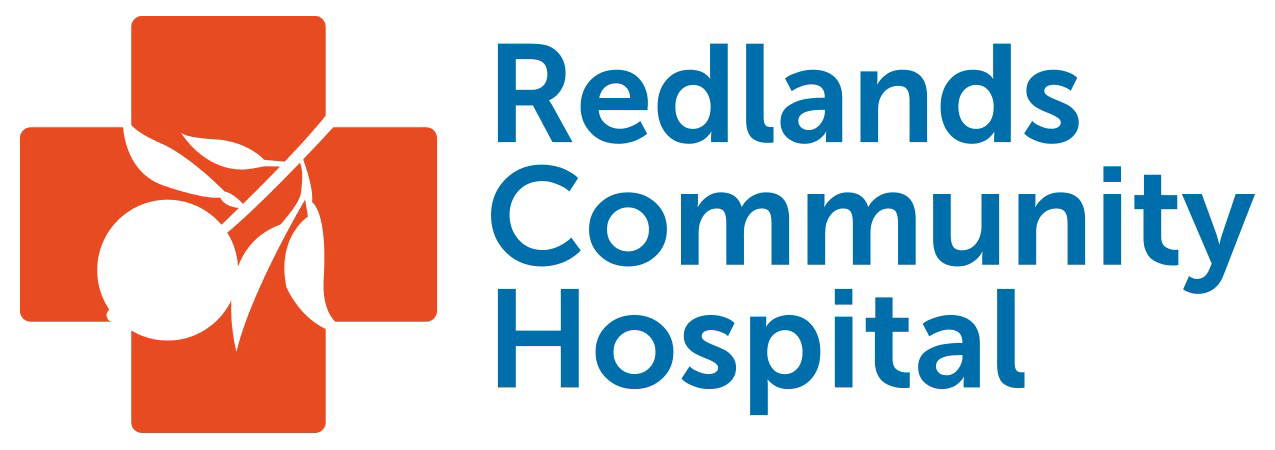
Drink water throughout the day. Many people on chemotherapy must drink at least two quarts of fluids daily. Ask your doctor or nurse if this applies to you. Also, if you are vomiting, it is important to replace the fluids lost to avoid getting dehydrated. Avoid heavy, high-fat, and greasy foods on days you have treatment. Get fresh air and wear loose clothing after meals to assist in comfort. Avoid caffeine, smoking, and strong odors.
Cancer-related fatigue is one of the most common side effects of cancer and treatment. The following are tips you can use to combat fatigue. Think of your personal energy supply as a "bank." Deposits and withdrawals must be made throughout the day to safeguard a balance between energy conservation, restoration, and expenditure.
Conserve energy by planning ahead and organizing work. Prioritize and delegate work when needed and schedule rest breaks to help pace yourself. Identify effects of your environment that may cause fatigue such as extreme temperatures, eliminate smoke or noxious fumes, and avoid long, hot showers or baths. Think of nutrition as fuel for your body and try to maintain proper nutrition to combat cancer fatigue.
Avoid acidic drinks like tomato juice, citrus juices, and fizzy soft drinks.Take medicine for diarrhea as prescribed and check with your provider about over-the-counter antidiarrheal medications. Incorporate foods that are high in potassium (spinach, bananas, potatoes, apricots) and add a sports drink into your daily hydration to replace electrolytes lost from diarrhea. Avoid milk /dairy products, high-fat, greasy/fried foods, alcohol, and tobacco as these all can make diarrhea worse.
Increase oral hydration and fiber-rich foods (avocados, lentils, beans, whole grains, apples, warm prune juice). Keep track of bowel movements and go to the bathroom as soon as you feel the urge. Decrease the amount of dairy and cheese as these foods can increase constipation. Do not use enemas, suppositories, or laxatives unless directed by your provider.
Your provider may prescribe medication to help reduce your pain and/or neuropathy. Take required prescriptions as directed. Avoid things that can make your neuropathy worse, such as extreme temperatures and tight-fitting clothing.Allow extra time to accomplish tasks to avoid rushing and possible injury. Pain medications are most effective if you take them before the pain becomes unmanageable. Follow time interval directions as prescribed, particularly for those with chronic pain. Pain medication can make you feel nauseated or dizzy even if you are taking it as directed. If you are experiencing this, talk with your healthcare team to see what your options are. Keep track of your pain medications and make sure you have enough to last through your next refill.
Hair loss typically begins two to three weeks after the start of treatment and re-growth can occur anywhere from 3 to 6 months after completion of treatment. Many patients who are going to receive chemotherapy that may cause hair loss choose to cut their hair very short or even shave their head before hair loss begins to help with the transition. If patients are interested in wearing a wig, many choose to purchase one before the start of treatment.
Below are some resources patients may find helpful:
American Cancer Society’s “tlc” Tender Loving Care® catalog 1-800-850-9445.
https://hopescarves.org/
Relaxation techniques can aid in reducing anxiety, decrease pain, and improve sleep. Please explore the link(s) below.
Deep Breathing Exercises
https://www.youtube.com/watch?v=aNXKjGFUlMs
Guided Imagery
https://www.youtube.com/watch?v=TS06oKHNF1A
Relaxation Meditation
https://www.youtube.com/watch?v=cLe74fzSITg
Self Care Meditation
https://www.youtube.com/watch?v=drIbK87kxg8
The provider and/or nursing staff will discuss written or verbal comprehensive treatment education with the patient and family before the first treatment. This information is a condensed version of the topics that will be discussed. If you have any additional questions or side effects that are uncontrolled please contact our office at 909-793-4336.